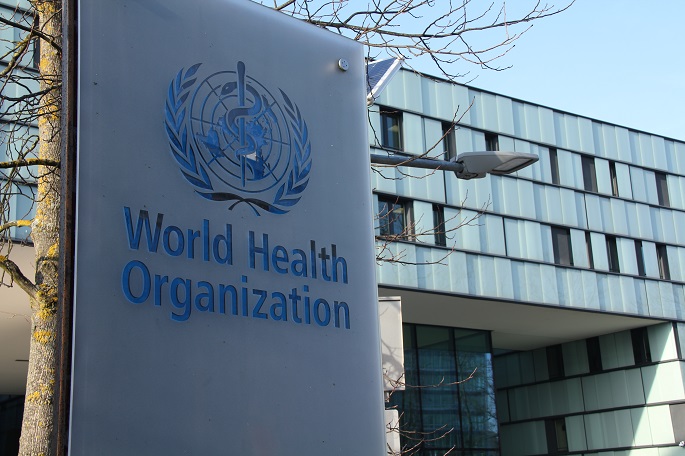7m lives could be saved from cancer over next decade: WHO
Published : 04 Feb 2020, 23:20
At least seven million lives could be saved from cancer over the next decade by stepping up cancer services especially in low and middle-income countries, the World Health Organization (WHO) said on Tuesday.
According to two latest coordinated reports released by the WHO and the International Agency for Research on Cancer (IARC) on World Cancer Day, if current trends continue, the world will see a 60-percent increase in cancer cases over the next two decades. The greatest increase, estimated 81 percent, in new cases will occur in low- and middle-income countries, where survival rates are currently lowest.
That is largely because those countries have had to focus limited health resources on combating infectious diseases and improving maternal and child health, while health services are not equipped to prevent, diagnose and treat cancers.
WHO statistics show that in 2019, more than 90 percent of high-income countries reported that comprehensive treatment services for cancer were available in the public health system compared to less than 15 percent of low-income countries.
According to IARC Director Elisabete Weiderpass, in high-income countries, cancer prevention, early diagnosis, screening programs and better treatment have contributed to an estimated 20-percent reduction in the probability of premature mortality between 2000 and 2015, but low-income countries only saw a reduction of 5 percent. "We need to see everyone benefiting equally."
"This is a wake-up call to all of us to tackle the unacceptable inequalities between cancer services in rich and poor countries," says Ren Minghui, WHO assistant director-general for Universal Health Coverage/Communicable and Noncommunicable Diseases.
"If people have access to primary care and referral systems then cancer can be detected early, treated effectively and cured. Cancer should not be a death sentence for anyone, anywhere."
The good news is that "at least seven million lives could be saved over the next decade," according to Director-General of WHO Tedros Adhanom Ghebreyesus, "by identifying the most appropriate science for each country situation, by basing strong cancer responses on universal health coverage, and by mobilizing different stakeholders to work together."
To prevent new cancer cases, the WHO recommends controlling tobacco use, which is responsible for 25 percent of cancer deaths, vaccinating against hepatitis B to prevent liver cancer, eliminating cervical cancer by vaccinating against HPV, screening and treatment, implementing high-impact cancer management interventions that bring value for money and ensuring access to palliative care including pain relief.
The WHO calls on government to select cancer treatments balancing cost, feasibility and effectiveness, and to choose appropriate innovative cancer therapies, while also recognizing established treatments, many of which are very effective and affordable.


